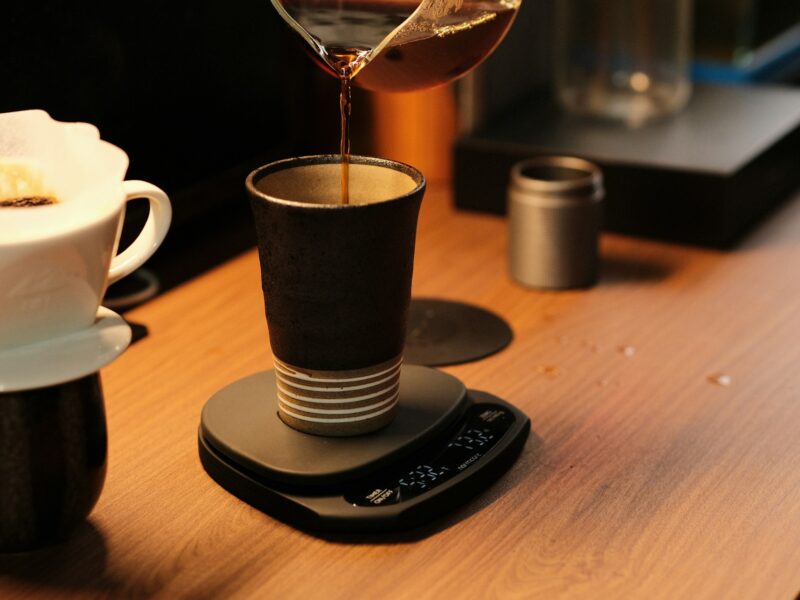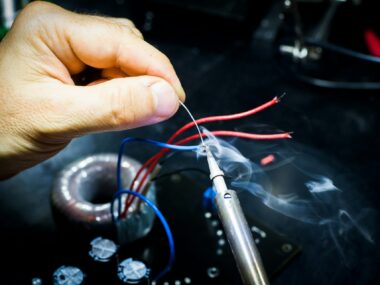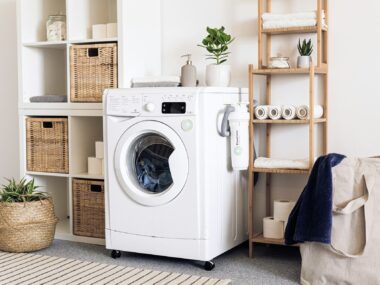Precision scales are an essential tool in industries ranging from pharmaceuticals to manufacturing. But just like any tool that sees frequent use, precision scales are subject to wear and tear.
Over time, this can lead to inaccurate measurements, which can significantly affect operational processes, product quality, and regulatory compliance.
Thankfully, with proper care and attention, you can ensure that your precision scale continues to deliver reliable results for years to come.
This guide will walk you through the best maintenance practices, why regular scale calibration is a must and practical tips for protecting your investment.
Why Maintaining Your Precision Scale Matters
Precision scales are designed to deliver highly accurate measurements, often down to micrograms or fractions of grams.
However, even minor issues with a scale’s environment, handling, or components can lead to a gradual loss in measurement accuracy.
Here’s why regular maintenance is critical:
- Consistent Measurement Accuracy: To ensure products, formulas, or ingredients meet industry standards or regulatory guidelines.
- Prolonged Equipment Lifespan: Prevent costly repairs or premature replacements.
- Cost-Savings: Avoid wasting materials or dealing with rework caused by inaccurate measurements.
- Operational Efficiency: Cut down on downtime caused by malfunctioning equipment.
Without proper care, even the most advanced scales from trusted providers like Atlantic Scale can suffer from performance issues.
Essential Maintenance Tips for Precision Scales
Caring for your precision scale involves a combination of preventative measures, routine cleaning, and professional intervention.
Below, we’ve outlined actionable tips to keep your equipment performing at its best.
1. Keep It Clean
A clean scale is a reliable scale! Dust, debris, and residue buildup can quickly reduce the accuracy of your measurements.
Here’s how to clean your scale properly:
- Use a soft, lint-free cloth to wipe down the surface after every use. Avoid abrasive or powdered cleaning agents that can scratch delicate components.
- For sticky spills or residue, use a damp cloth with mild soapy water and ensure that no liquid seeps into the internal mechanisms.
- Regularly verify that the weighing platform is free of particles or obstructions.
Pro Tip: Before cleaning, ensure your scale is turned off and unplugged to avoid accidental damage.
2. Place Your Scale on a Stable Surface
Accuracy starts with a stable base. Uneven or wobbly surfaces can interfere with precise measurements.
The best practice is to place your scale on a flat, vibration-free surface that’s leveled appropriately.
- Avoid locations where the scale may come into contact with high traffic, vibrations, or drafty conditions.
- For industrial-scale applications, invest in anti-vibration tables to prevent reading fluctuations caused by machinery.
3. Handle with Care
Precision scales are finely tuned instruments that require gentle handling. Improper use can compromise delicate internal components.
Practices to adopt:
- Never overload the scale beyond its maximum capacity. Doing so can damage the load cell, a critical component that ensures accuracy.
- Store the scale in its original case or protective cover when not in use, particularly for portable models.
4. Invest in Regular Scale Calibration
Regular scale calibration is one of the most important steps to ensuring long-term measuring accuracy. Calibration ensures that your scale’s readings align precisely with a known standard.
- Schedule periodic calibration with a trusted provider like Atlantic Scale to meet regulatory compliance and prevent deviations over time.
- Conduct internal calibration if your scale includes an automatic calibration feature. If not, keep certified calibration weights on hand for quick checks before critical measurements.
Frequency Tip: Regular calibration intervals depend on factors like the frequency of use and your industry’s standards.
Most manufacturers recommend professional calibration every six to 12 months.
Environmental Factors That Impact Measurement Accuracy
Many environmental conditions can affect your scale’s performance. Thankfully, simple adjustments can minimize these risks.
1. Temperature Changes
Precision scales are highly sensitive to temperature fluctuations since the expansion or contraction of scale parts can interfere with readings.
- Maintain a consistent room temperature, ideally within the recommended range specified by your scale’s manufacturer.
- Turn the scale on and allow it to warm up before use, especially in colder environments.
2. Humidity and Moisture
Humidity can also affect your scale’s precision by enabling condensation or causing internal components to corrode.
- Use the scale in a dry, climate-controlled environment to prevent condensation.
- Avoid using water without adequate protection during cleaning.
3. Static Electricity Interference
Static charges can interfere with the readings of precision scales, especially in dry environments or where synthetic materials are prevalent.
- Use anti-static mats or grounding techniques to eliminate static electricity in the vicinity of the scale.
When to Call a Professional
Even with diligent maintenance, there are times when professional attention is necessary.
Knowing when to call for service can prevent small issues from escalating into major problems.
Contact a certified technician if you notice:
- Consistent deviations in your measurement results.
- Audible or visible signs of internal wear and tear.
- Error messages or malfunctions that you can’t resolve with troubleshooting.
- Calibration that doesn’t remain consistent after adjustments.
Atlantic Scale offers expert maintenance and scale calibration services to ensure your equipment is operating at peak performance.
By scheduling regular service, you can rest easy knowing that your tools meet industry standards.
Final Thoughts on Maintaining Precision Scales
Maintaining your precision scale isn’t just about preserving equipment; it’s about ensuring the integrity of every process and product your business handles.
With simple maintenance tips, routine cleaning, and proper handling, you can avoid costly errors and extend the life of your investment.
For long-term reliability, make regular scale calibration part of your equipment care routine and stay ahead of potential issues by partnering with experts like Atlantic Scale.
Need help keeping your scales accurate and reliable? Contact Atlantic Scale today to learn more about professional calibration services or get tailored advice for your equipment.






